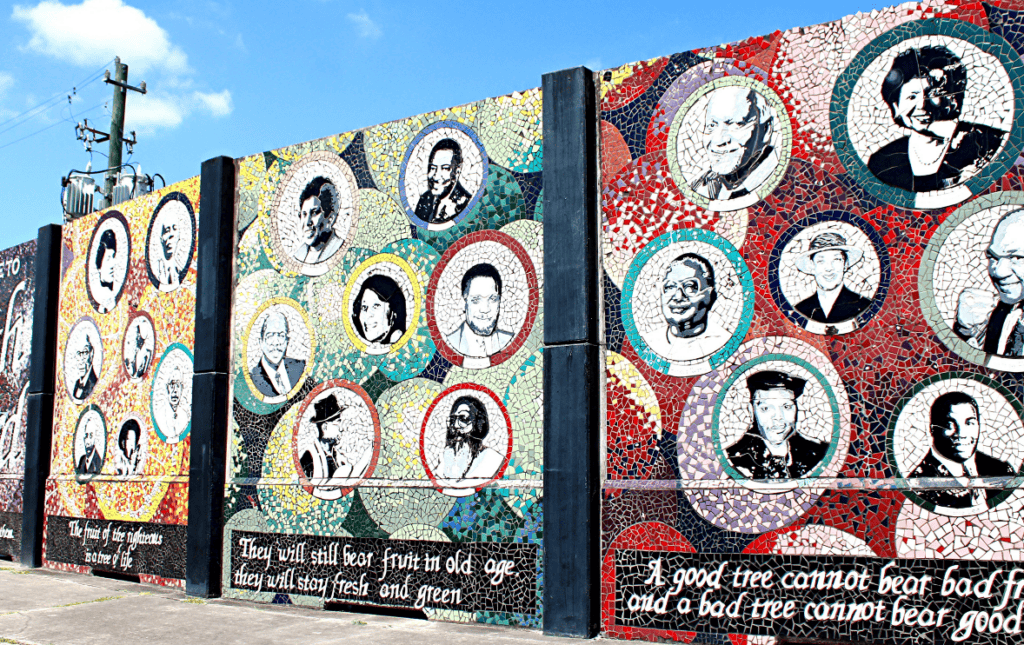
Ensuring the Safety and Well-being of the Fifth Ward
Union Pacific cares about the safety of the Fifth Ward community and has been actively working on remediation since inheriting the site in 1997. As part of this effort, and under the direct supervision of the Environmental Protection Agency, scientists are sampling the soil, air and water at homes, schools, parks and businesses located near the former HWPW site. You’ll recognize them by their high-visibility vests and sampling equipment (shovels and hand augers).
Union Pacific is committed to finishing the job with communication throughout the process. Our testing strategies, in collaboration with EPA, City of Houston, Harris County, and Bayou City, help to accurately determine our next phase of remediation.

Soil Testing
Our soil sampling process is
hassle-free and non-intrusive.

Vapor Testing
Our vapor sampling process is
hassle-free and non-intrusive.
Soil Testing

How Soil Testing Works
With permission from the property owner, scientists will:
- First, inspect the area.
- Identify multiple soil sample locations.
- Dig 1-foot holes, and
- Collect soil samples.
- Backfill any sampled areas with topsoil.

We conduct the sampling in a straightforward process that takes approximately two to four hours. After the samples are collected, the soil sampling locations are refilled, ensuring your property remains intact.

In the unlikely event of any damage, Union Pacific pledges to repair it promptly, adhering to the terms of the property access agreement. Your satisfaction and convenience are our top priorities as we work together for a cleaner, safer environment.

Samples are then analyzed in an EPA-approved lab for chemicals that may have been used at the former HWPW site when it was used as a wood treatment facility by Southern Pacific. These possible chemicals include: dioxins, furans, semi-volatile organic compounds and volatile organic compounds. These tests are crucial for evaluating potential chemical concentrations in the air, soil and water that might pose health risks.
Vapor Testing

How Vapor Testing Works
Union Pacific uses rigorous vapor testing methods, a key aspect of our long-term safety commitment. While past assessments have shown no risk, we’re aiming for thoroughness for the safety of the community.
We began our vapor testing efforts in November of 2023. As part of our extensive testing, we examine storm drains, potential pathways for vapor, ensuring no chemicals migrate into homes. At the same time, we assess sanitary sewer lines to prevent vapors from accessing indoor spaces.

Soil gas samples are carefully collected, evaluating groundwater and soil for any potential hazards, while outdoor samples help us determine local concerns from external influences.

We also collect shallow groundwater samples from monitoring wells near the former HWPW site in order to re-check vapor movement and guide next actions.

Once these samples are collected, they are analyzed in an EPA-approved lab to ensure precise and accurate results. Our in-depth vapor testing methods aim to keep you informed, secure, and confident in the safety of your surroundings.